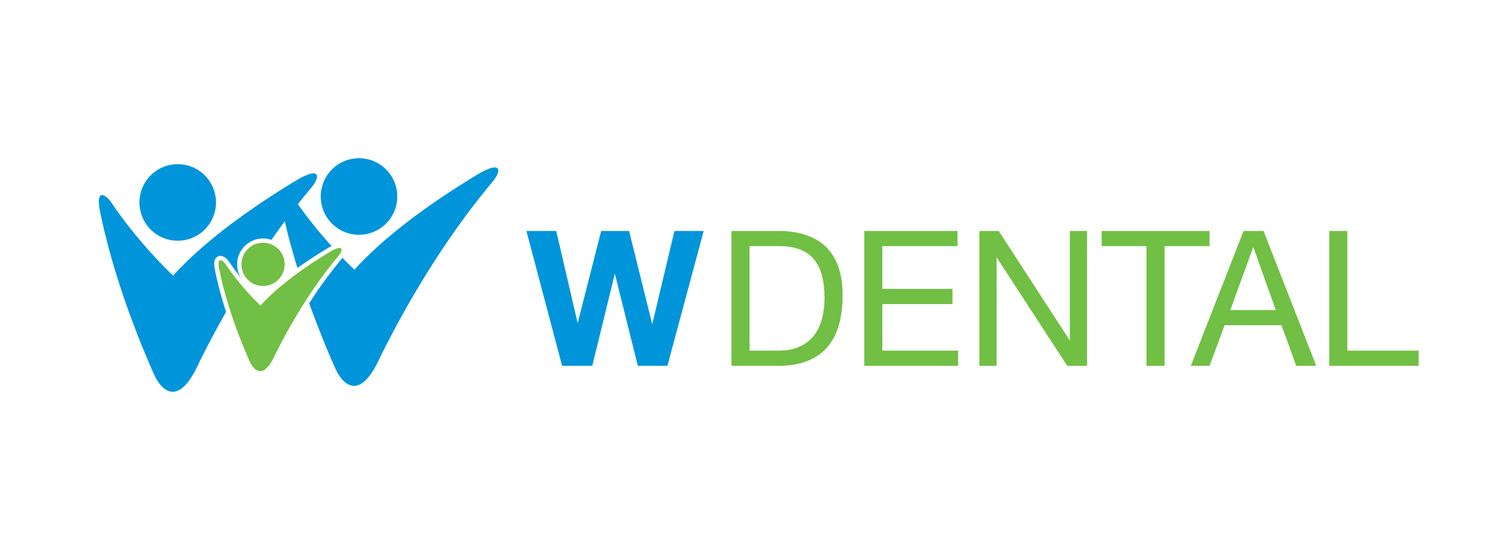Gingivitis-What It Is and How to Avoid It
/Gingivitis is a periodontal disease which literally means “inflammation of the gums.” It is caused by plaque buildup, which in turn is the result of bad or nonexistent oral hygiene. Gingivitis is characterized by redness, swelling, bleeding and pain in the gums, although these are just the symptoms in the first period of the disease. If left untreated, gingivitis can lead to instability and rot within the teeth as well as periodontitis. If you’re living in Dallas, a good Dallas dentist can help you avoid gingivitis from developing into full-blown periodontitis.
There are two types of gingivitis: the kind brought on by plaque, and the kind acquired through non-plaque lesions. By far, plaque is the more common of the two. It can be worsened by certain medications, insufficient nutrition and other bodily ailments. Again, any Dallas dentist will know how to distinguish between the two and treat it accordingly. The way to get rid of gingivitis is to remove the root cause of the disease — plaque. Several trips to the dentist may be necessary to clean out the hidden plaque traps, but it will also be necessary to maintain good oral hygiene at home.
It’s fairly easy to avoid getting gingivitis, so long as you keep a regular schedule for maintaining the health of your gums and teeth. Make sure that you brush twice a day with toothpaste containing fluoride. This will help keep your teeth strong and healthy. Don’t brush right after you eat, since the acids in food cause the enamel coating on your teeth to soften. Subsequent brushing can tear that protective layer away. It’s best to brush in the morning before you eat and at night before bed. Otherwise, bacteria and plaque stay on your teeth and gums all night. Interdental brushes are available and even more effective at removing plaque.
Flossing is also an essential part of gingivitis prevention. Flossing removes food and plaque caught in between teeth that a toothbrush can’t reach. Floss at least once a day, preferably at night. Afterwards, gargle with an anti-microbacterial or alcohol-based mouthwash for around 30 seconds. Also, make sure that you’re getting proper dietary balance. Calcium is essential to strong, healthy teeth. Those with insufficient calcium are twice as likely to get gingivitis.
With just small, daily efforts at cleaning your teeth and gums, you can keep your mouth free from gingivitis and other gum disease.



